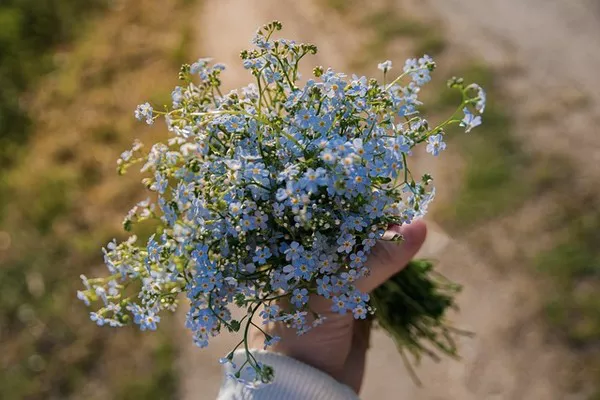The beauty of fresh flowers can transform any space, adding a touch of elegance and vibrancy. However, maintaining the freshness of cut flowers can be a challenge, as they often wilt and lose their luster within a few days. The key to prolonging the life of your floral arrangements lies in understanding the science behind flower care and utilizing water additives that enhance their vitality. In this article, we will explore various substances that can be added to water to keep flowers fresh for an extended period.
Clean Water: The Foundation of Floral Longevity
Before delving into water additives, it’s crucial to emphasize the significance of starting with clean water. Use room temperature water and ensure that the vase is thoroughly cleaned to remove any bacteria or contaminants. Clean water provides a solid foundation for the subsequent additives to work effectively.
Floral Preservatives: A Proven Solution
One of the most common and effective additives for keeping flowers fresh is floral preservatives. These commercially available powders or liquids contain a combination of ingredients that nourish and protect cut flowers. Typically, floral preservatives contain sugar to provide a source of energy for the flowers, acidifiers to maintain the water’s pH level, and biocides to prevent the growth of bacteria. When used according to the instructions, floral preservatives can significantly extend the vase life of flowers.
Aspirin: An Old-Fashioned Remedy
Aspirin, a household medication, has been a go-to remedy for keeping flowers fresh for generations. The salicylates in aspirin act as a mild acidifier and help to inhibit the growth of bacteria in the water. Dissolve one crushed aspirin tablet in the vase water before adding your flowers to enjoy the benefits of this time-tested method. However, it’s essential to note that aspirin might not be as effective as commercial floral preservatives for certain flower varieties.
Apple Cider Vinegar: Natural Preservation
For those who prefer a natural approach, apple cider vinegar can be a valuable water additive for maintaining the freshness of flowers. It acts as both an acidifier and an antibacterial agent, preventing the growth of harmful microorganisms in the vase water. Mix two tablespoons of apple cider vinegar with two tablespoons of sugar in warm water and add this solution to your vase. This natural remedy is particularly effective for flowers that thrive in a slightly acidic environment.
Bleach: A Bacterial Shield
Bleach is a powerful disinfectant that can be used to prevent the growth of bacteria and fungi in vase water. However, it is essential to use bleach sparingly, as an excessive amount can damage the flowers. Add just a few drops of bleach to a liter of water to create a diluted solution that provides the antibacterial benefits without harming the flowers. Bleach is particularly useful for preventing the slimy buildup that can occur in the vase water over time.
Copper Coins: Trace Minerals for Flower Health
Believe it or not, copper coins can serve as an unconventional yet effective water additive to keep flowers fresh. The trace amounts of copper released into the water act as a natural fungicide, inhibiting the growth of harmful microorganisms. Simply drop a penny or copper coin into the vase water to enjoy the benefits of this simple and cost-effective method. However, be cautious with this approach, as certain flowers may be sensitive to copper.
Vodka or Gin: A Toast to Flower Longevity
For those who appreciate a touch of spirits, adding a few drops of vodka or gin to the vase water can be a surprising yet effective method for maintaining flower freshness. The alcohol in these spirits acts as an antimicrobial agent, preventing the growth of bacteria and fungi. Additionally, the alcohol can help to open up the flower stems, allowing for better water absorption. Use this method in moderation, as excessive alcohol concentration can have adverse effects on some flower varieties.
Conclusion:
In the art of flower care, the choice of water additives can make a significant difference in the longevity and vibrancy of your floral arrangements. Whether you opt for commercial floral preservatives, household items like aspirin or vinegar, or unconventional choices like copper coins or spirits, understanding the needs of different flowers is essential. Experiment with these water additives to discover the methods that work best for the specific types of flowers you have, and enjoy the beauty of fresh blooms for an extended period.


